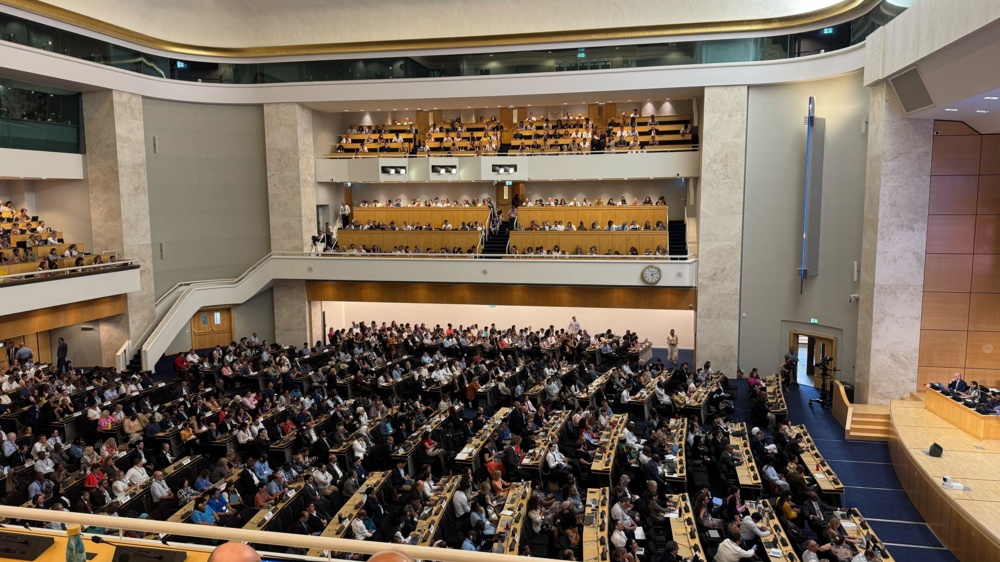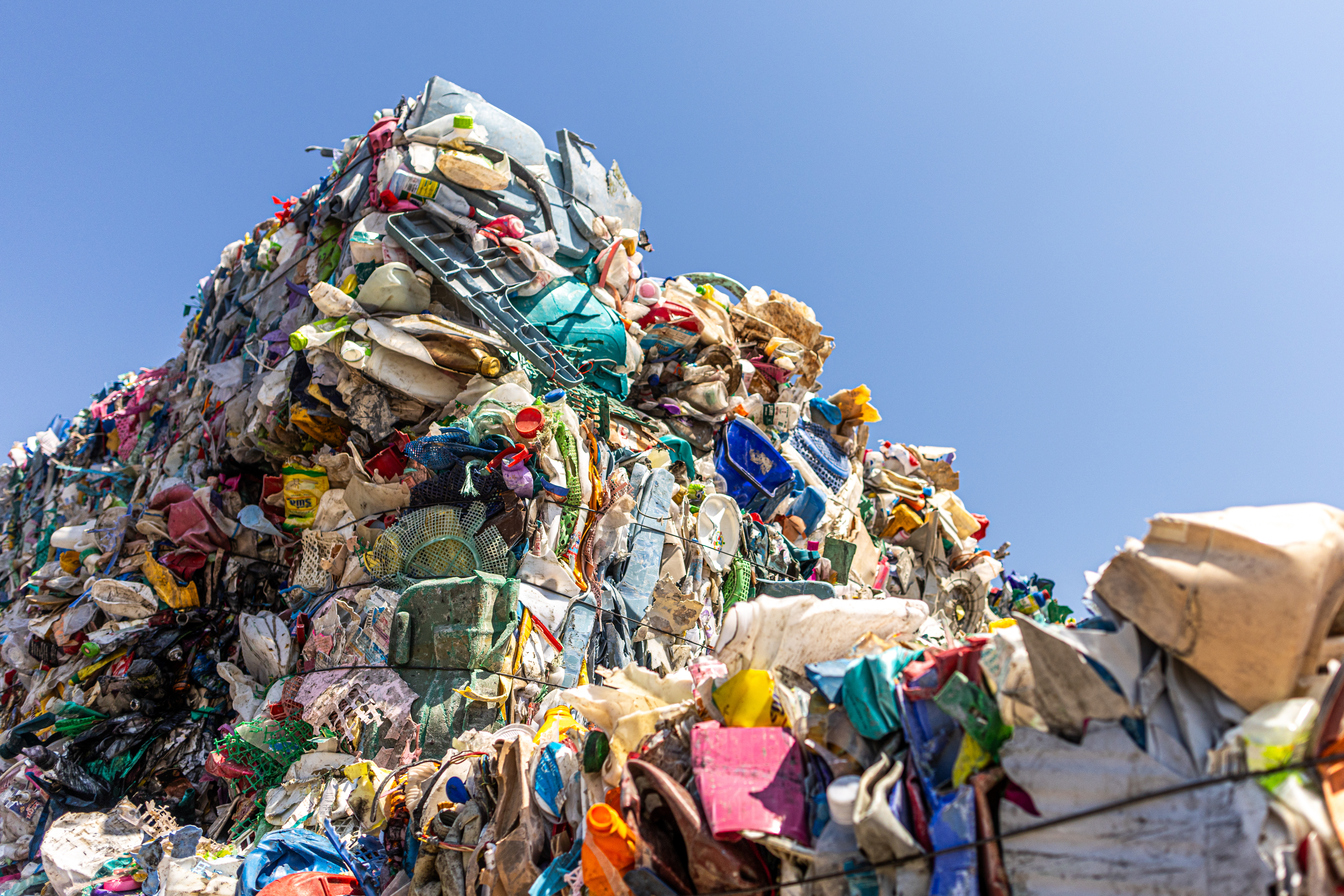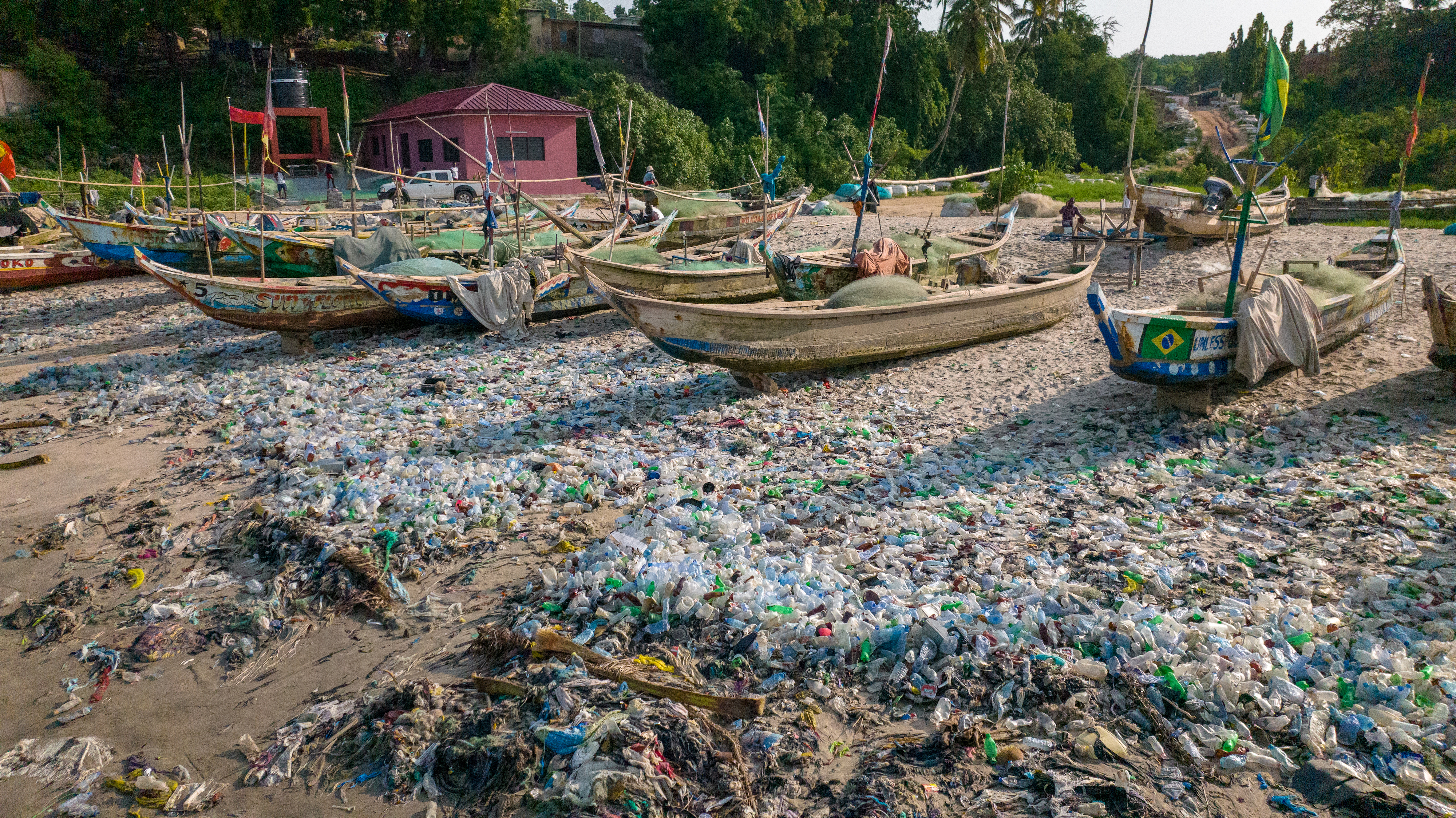
Latest global plastics treaty text is “a betrayal” that risks total failure: press comment
“We will not sell out our future generations for the text as it is.” - Delegate from Panama.
With less than 30 hours to finalise the Global Plastics Treaty text, at least 80 high-ambition countries have rejected the latest Chair’s Text and called for a more ambitious text as a basis for continued negotiation.
Country representatives have queued up to criticise the Chair's text's complete failure to tackle the full life cycle of plastics, the devastating harm it would allow to current and future human health, and the abandonment of the marine environment to an ever-worsening crisis of choking plastic waste.
“It is essentially a waste management framework,” says a delegate from Bangladesh, “It does not create responsibility for plastic producers, nor any binding measures on phasing out the most harmful plastic products.”
“We urgently need, and were promised, a lasting solution to plastic pollution. This text is nothing short of a betrayal. The process has been completely captured by swarms of fossil fuel lobbyists and shamefully weaponised by low-ambition countries. The failure now risks being total, with the text actively backsliding rather than improving. We urge all delegates to reject this text and push for a strong treaty in these final hours – one that addresses the full life-cycle of plastic, centres justice and health, and creates clear targets that set countries up to take the serious action needed to end the plastic pollution crisis,” said EJF CEO and Founder, Steve Trent.
“Plastic pollution does not respect national boundaries, and only global action can respond to it. We need an effective treaty for our people, for our planet, with strong action on problematic products and product design, and we need effective decision making to ensure we have a living treaty”, said Emma Hardy, Minister at the Department for Environment, Food and Rural Affairs in the United Kingdom.
The current text does not include production reduction, chemicals of concern, fishing and aquaculture gear and toxic-free reuse systems, despite many countries supporting their inclusion throughout the week, and any mention of Indigenous peoples has been removed. After nearly three years of negotiations, this is unacceptable. After three years of talks, these last 30 hours must bring much greater progress.
ENDS
Notes to editors
About EJF
Our work to secure environmental justice aims to protect our global climate, ocean, forests, wetlands, wildlife and defend the fundamental human right to a secure natural environment, recognising that all other rights are contingent on this. EJF works internationally to inform policy and drive systemic, durable reforms to protect our environment and defend human rights. We investigate and expose abuses and support environmental defenders, Indigenous peoples, communities, and independent journalists on the frontlines of environmental injustice. Our campaigns aim to secure peaceful, equitable and sustainable futures. Our investigators, researchers, filmmakers, and campaigners work with grassroots partners and environmental defenders across the globe. For more information or to organise an interview with one of our team, please contact media@ejfoundation.org
SIGN UP FOR OUR EMAILS AND STAY UP TO DATE WITH EJF

